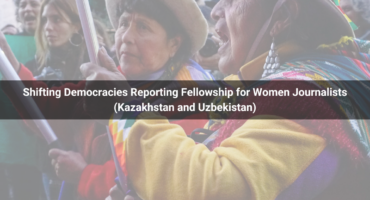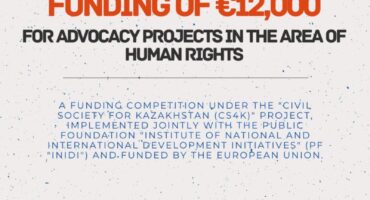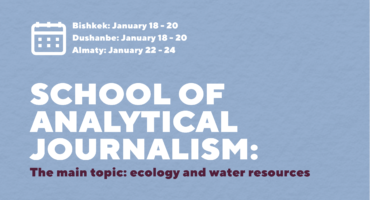The Institute for War and Peace Reporting in Central Asia (IWPR CA) held a two-day journalism workshop called “Expert Games” with Alexander Gorokhovsky, a well-known Ukrainian journalist, editor-in-chief of FactCheck.com.ua, and editor-in-chief of the Ukrainian website “Bez Brekhni”.
The main theme of the event was the deliberate manipulation of public opinion by experts and the formation of a favorable view for them by spreading deliberately false information.
Manipulation of public opinion is very much like a game, in which it is important to know how to present information, to change the arguments that will lead listeners to the right conclusion. The “experts”, on the other hand, act as “players” who disseminate unreliable information, using various tools of manipulation to achieve their goals.
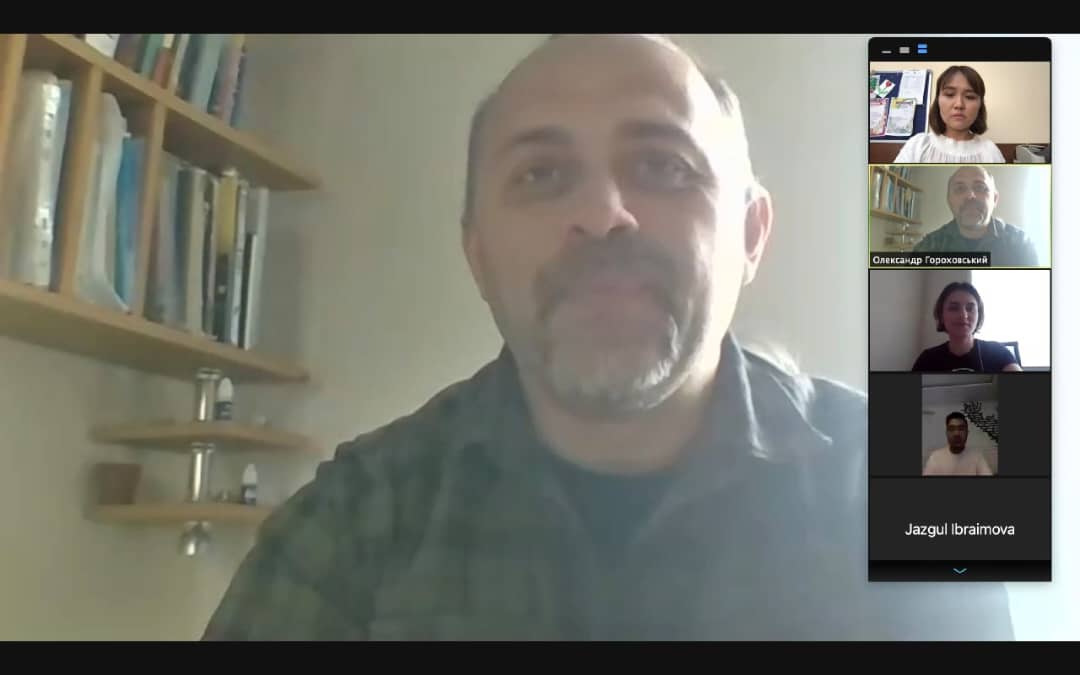
During the journalistic workshop, participants together with the trainer tried to understand the tools, opportunities, strategies, and resources used by “experts” to influence public opinion.
On the first day, various communication strategies and channels for manipulating public opinion were discussed, including public or private media, public opinion groups and leaders, etc.
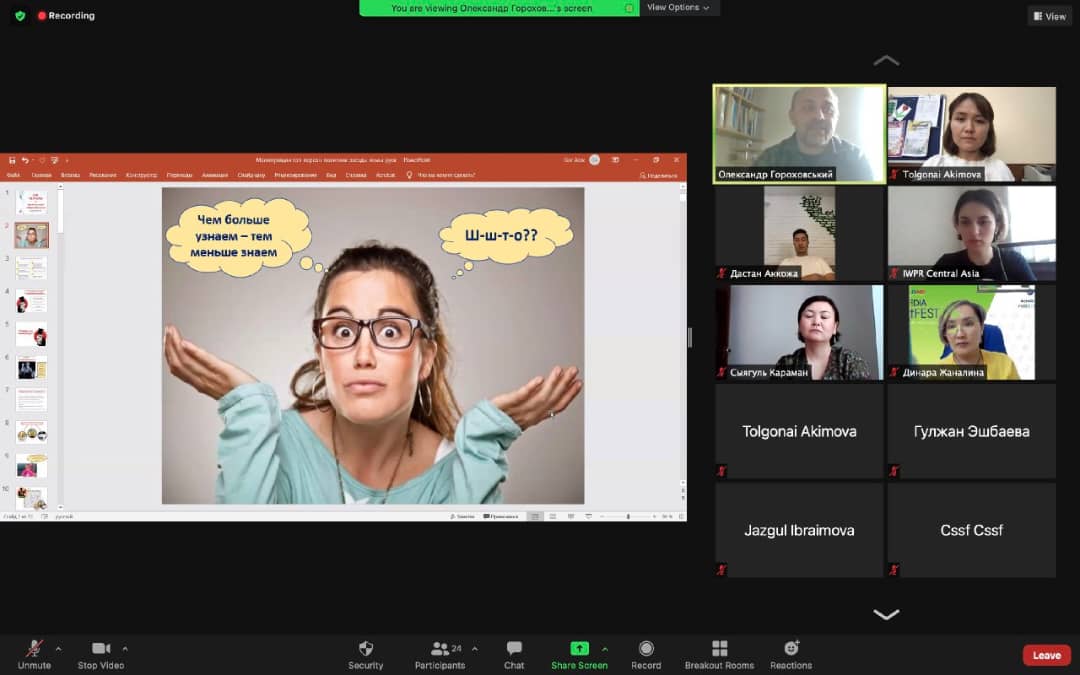
“We should separately pay attention to the cause and effect of manipulation because people often confuse these concepts, said the trainer. – The cause is to achieve certain goals. For example, the desire to achieve power, money, influence. The consequences can be very diverse – from distracting attention from important topics and distortion of information to the formation of the desired view of certain events or phenomena”.
Alexander Gorokhovsky said that people believe the experts because:
-
there is a stereotype that it is usual to know everything there is to know about anything through other people’s words;
-
if you do not have time to analyze information, you need to listen to an expert;
-
an opinion on a fact is much more interesting than the fact itself, especially when the expert makes an interesting point;
-
you can form a holistic view of a phenomenon, an event from fragments of information;
-
there is always something and someone to talk about in the “kitchen”.
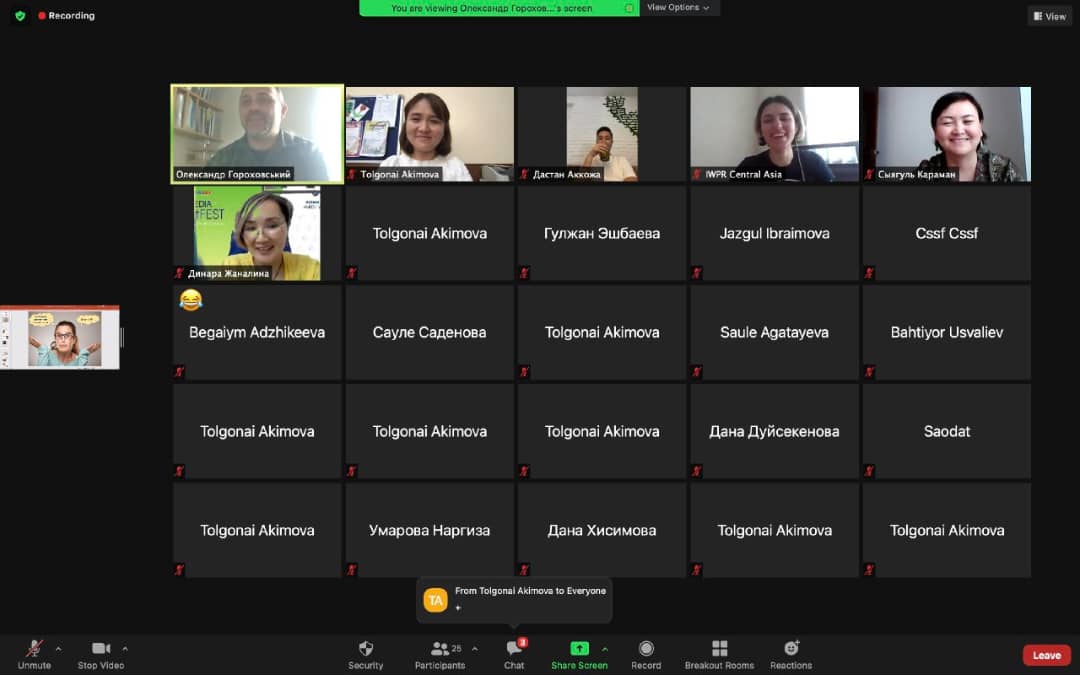
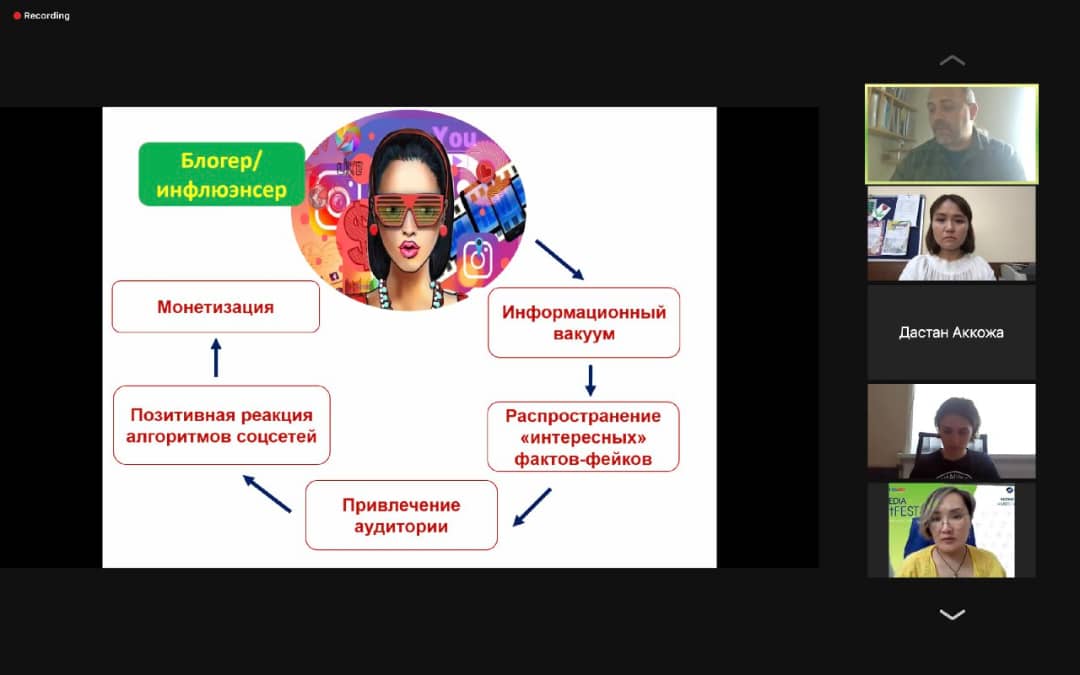
They listen to experts because:
-
imitate authority;
-
they speak in an understandable language;
-
informal leaders, bright, successful.
-
they are at the top-they know more.
The second day was devoted to exposing myth-information – information that is believed to be true but is in fact erroneous or unsubstantiated/unreasonable; or some common knowledge based on a rumor rather than fact. There are several types of myth-information:
-
propagandistic
-
social,
-
political,
-
commercial,
-
historical,
-
culturological.
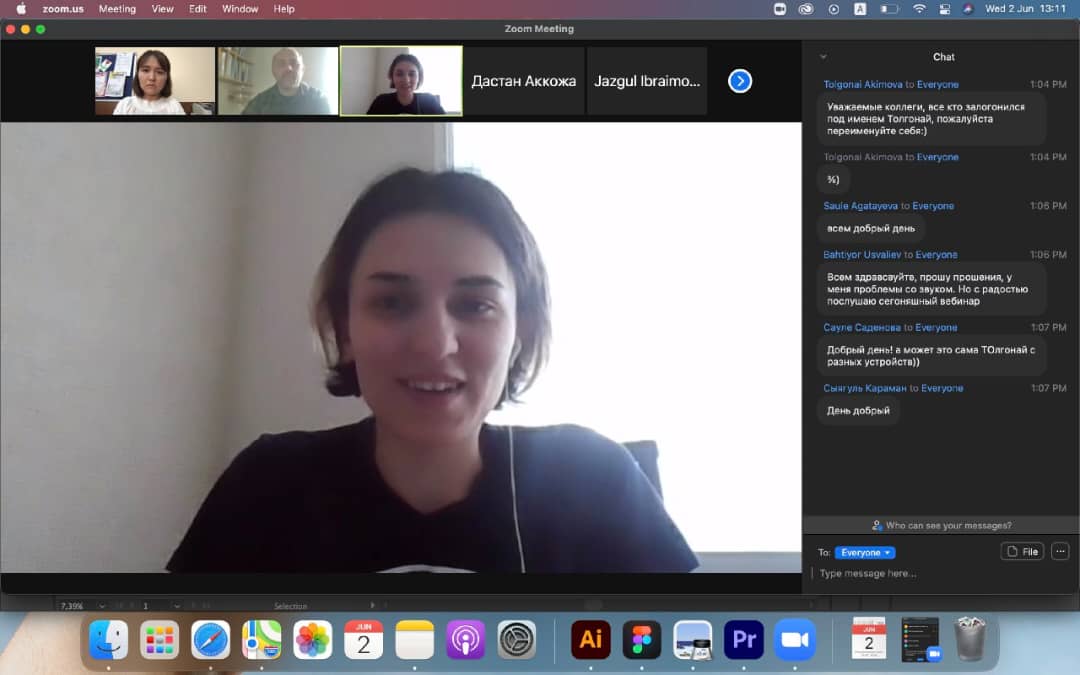
Information myths are dangerous because they create false ideas about events and phenomena, can provoke aggression, cause social tension, and, ultimately, can be harmful to health and life.
During the workshop theory was diluted with practical tasks and comments from the trainer which helped participants to better grasp the topic. At the end, the participants traditionally shared their impressions.
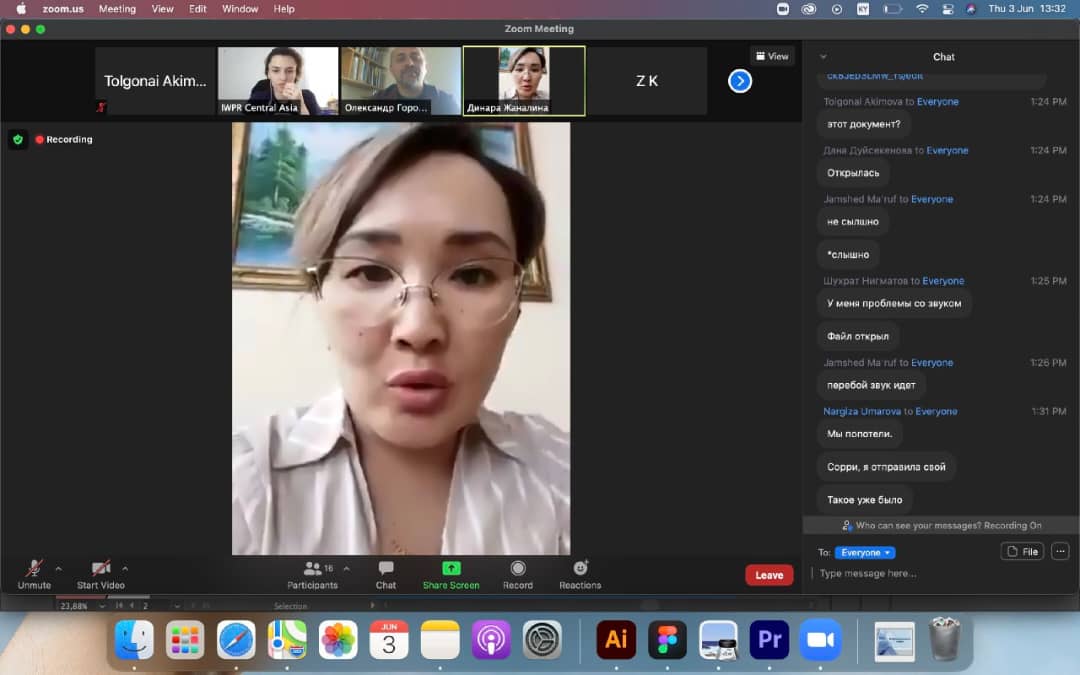
“Thank you very much for a wonderful and useful training! There was a comfortable working environment, complete immersion in the process. We learned a lot of tricks, subtleties of manipulations. During the training, we did not feel an overload of information. It was comfortable and easy to perceive the material”, – said Shukhrat Nigmatov.
“The event was interesting and necessary. A topic of current interest presented in a fascinating way! And, of course, where else can one meet such an interesting journalist as Alexander Gorokhovsky”, – wrote Tatiana Galkina.
The event was held as part of the project “Development of New Media and Digital Journalism in Central Asia,” implemented by the Institute for War and Peace Reporting (IWPR) with the support of the British government.
If you have found a spelling error, please, notify us by selecting that text and pressing Ctrl+Enter.


